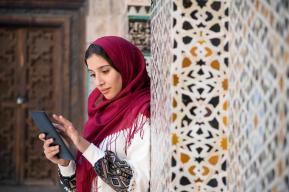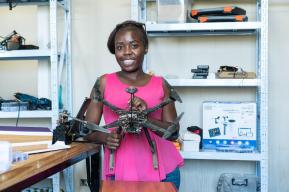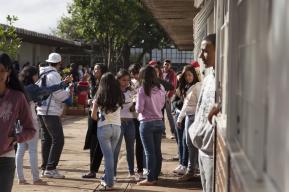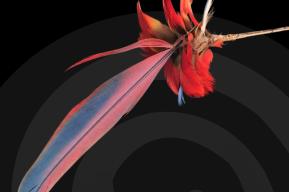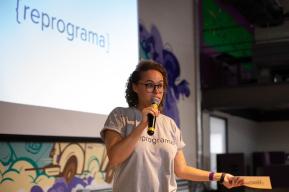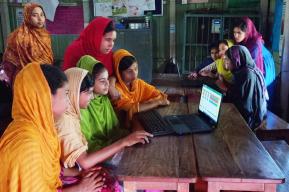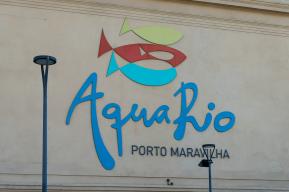News
Programme from Brazil promoting access to literature for people with disabilities wins UNESCO Literacy Prize
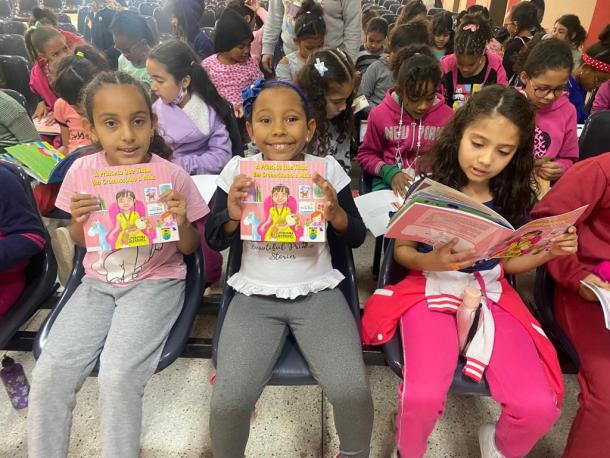
Institute Include (Instituto Incluir) from Brazil is awarded the UNESCO Confucius Prize for Literacy for its project ‘Accessible Literature’ (Literatura Acessível).
Institute Include (Instituto Incluir) is a non-profit organization based in Brazil that aims to promote social inclusion of people with disabilities through education, culture, and sport. Through the establishment of partnerships with private and public actors, at national and international level, the Institute develops programmes to advance social participation of people with disabilities, fighting social inequalities and encouraging social transformation.
The programme ‘Accessible Literature' aims, through a collection of ten books available in multiple formats, such as simple reading, braille, libras (Brazilian sign language), audio description and pictograms, to promote and advance access to literature for children and young people with disabilities. The stories are designed to allow learners to develop physical and psychological skills, creating characters with disabilities and showing how they can live a good quality life, experiencing different kinds of social activities.
Founder Ms. Carina Alves decided to start the project after a professor from the academic review board of her master’s dissertation asked her what she was thinking to do with the ten stories of people with disabilities she had developed for her thesis. ‘Accessible Literature' is, today, the answer to that question.
Committed to “transform, democratize and humanize the world through accessible literature for all” the program was able to expand and transform literacy learning spaces in order to address the needs of those learners who are most at risk of being left behind and marginalized.
“We are inside classrooms, but also in squares, theaters, and in spaces that allow dialogue and storytelling so that children and young people can have access to the culture of inclusion and accessibility”, the expresses Ms. Alves.
Through this approach, ‘Accessible Literature' is able to enhance dialogue and re-think about themes such as empowerment of women and girls, people with disabilities, indigenous people and refugees in the society, allowing the communities to behave differently and the teaching learning process to be transformed, becoming truly diverse and plural.
The programme has enrolled 2,022 learners, 55 per cent being girls and women.
During the COVID-19 pandemic, to face the new challenges, they reinvented themselves and were able to transform all books into interactive e-books and to make them available for free to the entire educational network in Brazil and beyond, reaching also Chile, Argentina, Spain and Portugal. Moreover, they were able to develop a 100% free app (Accessible Literature), which provides new animated books and video clips in libras and audio description. This app is available in more than 177 countries and has more than 2,000 downloads.
Ms. Alves hopes that the ‘Accessible Literature’ programme “extends to all corners of the world”, reaching the highest possible number of people to truly transform the world through education. However, she also recognizes the importance and necessity of strengthening communication, dissemination, financial resources and public policies tools to be able to advance the capillarity of the programme. Indeed, for the International Literacy Day she sends an inspiring message, “may we join forces, join hands and believe in education as our greatest ally for transformation”.


